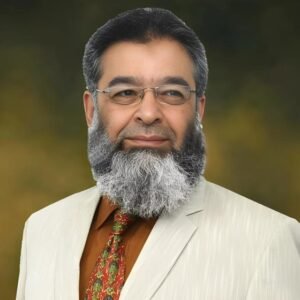
by Muhammad Mohsin Iqbal
In the contemporary world, Qatar’s role in peace has steadily carved out a place for itself as a dove of peace. Despite being a small state geographically, its influence in global diplomacy has far exceeded its size. Through strategic neutrality, resourceful statecraft, and a willingness to engage where others hesitate, Qatar has emerged as a mediator in conflicts. These conflicts have engulfed regions and tested the patience of the international community. Yet, in a cruel twist of irony, the very capital that symbolizes dialogue and conciliation—Doha—found itself struck by Israeli aggression. This attack cast a dark shadow on the city that has repeatedly hosted the fragile hopes of peace.
The foundations of Qatar’s diplomatic role lie in its readiness to converse with all sides. It speaks to friends and foes alike and lends its resources for reconciliation rather than destruction. In Lebanon, at the brink of civil war in 2008, Qatar brought bitter rivals together in Doha. It brokered an agreement that saved the nation from descending into chaos. The Doha Agreement gave Hezbollah representation in government while ensuring calm in the streets of Beirut. Both Washington and Tehran—otherwise worlds apart—praised the outcome. This recognition acknowledged Qatar’s ability to act as a trusted bridge.
Similarly, Qatar has long been a significant mediator in the never-ending conflict between Israel and Hamas. When the world community turned away from Gaza, Qatar stepped forward. It offered financial assistance to sustain hospitals, electricity, and infrastructure. It also mediated ceasefires and prisoner exchanges. In 2012, Emir Hamad bin Khalifa Al Thani visited Gaza. This unprecedented step for a head of state signaled Doha’s commitment to humanitarian uplift. During the brutal Israel-Hamas conflict of 2023, Qatar again stood at the center. It facilitated negotiations that led to a ceasefire in January 2025. Hostage exchanges, humanitarian corridors, and a framework for further talks bore the imprint of Doha’s patient diplomacy. Yet, tragically, Israel chose to strike at Doha, the very city that had repeatedly opened its arms to host negotiations in pursuit of calm.
Qatar’s dove-like pursuit of peace has not been confined to the Levant. In Sudan and Darfur, Doha played a pivotal role in mediation during the 2010s. It pushed for dialogue where civil conflict had sown despair. In Afghanistan, Qatar provided neutral ground for talks between the United States and the Taliban. These talks culminated in the Doha Agreement of 2020. That accord, while controversial, set the path for U.S. troop withdrawal. It also underscored the trust placed in Qatar to host negotiations that few others could facilitate.
The Yemeni conflict also witnessed Doha’s involvement in its earlier phases. Qatar’s diplomatic crisis of 2017 temporarily curtailed its role. Saudi Arabia, the UAE, Bahrain, and Egypt imposed a blockade on Qatar. Isolated and pressured, Qatar turned to independent policies, strengthened ties with Turkey and Iran, and weathered the storm until reconciliation was achieved in 2021. Remarkably, instead of retreating, Doha emerged from the ordeal more determined. It pursued its independent foreign policy and its mediatory role in the region.
In Syria, where war ravaged entire cities, Qatar worked to evacuate civilians from besieged towns such as Madaya in 2017. It secured safe passage for thousands. In Libya and the Horn of Africa, Qatar sought to temper disputes. At times, it clashed with fellow Gulf states but remained guided by its conviction that dialogue was preferable to confrontation. Even in obscure disputes, such as the border quarrel between Eritrea and Djibouti, Qatar lent its hand. No conflict was too small for its attention.
This pattern of engagement has won Doha both praise and criticism. Yet, no fair observer can deny that Qatar’s role in peace and repeated interventions have alleviated suffering, extended truces, and momentarily stilled the drums of war. Its humanitarian support, insistence on dialogue, and diplomatic agility have made it a trusted interlocutor between adversaries who cannot sit together otherwise.
Therefore, when Israeli attacks struck Doha, it was not merely an assault on a capital city. It was an affront to the global community’s reliance on Qatar as a neutral stage for peace. Such an act runs contrary to the values of diplomacy and to the faint but vital hope that even in the Middle East’s darkest conflicts, adversaries might, however reluctantly, speak.
Qatar’s story demonstrates that small states, through vision and perseverance, can exercise disproportionate influence for peace. Its willingness to keep channels open with all—whether Iran, the U.S., Hamas, or Hezbollah—has proven invaluable in times of crisis. In this role, Doha has not sought domination but understanding; not power, but peace. That is why Qatar today deserves recognition not as a mere mediator of convenience but as a dove of peace. Its wings span conflicts across continents.
The attack on Doha, far from diminishing this role, should reinforce the global community’s resolve to protect and preserve such avenues of dialogue. Without spaces like Doha, the world risks descending into a future where war silences conversation and blood drowns the voice of reason. Qatar has shown that peace, however fragile, is possible. It has earned its place in history not through conquest but through conciliation, not through aggression but through understanding. In times when humanity desperately seeks reconciliation, Qatar’s role in peace shines ever brighter.

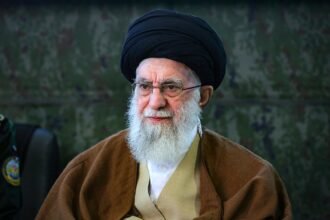
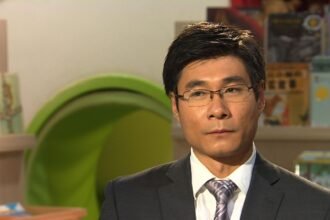
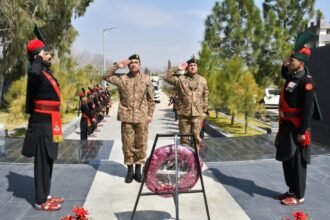

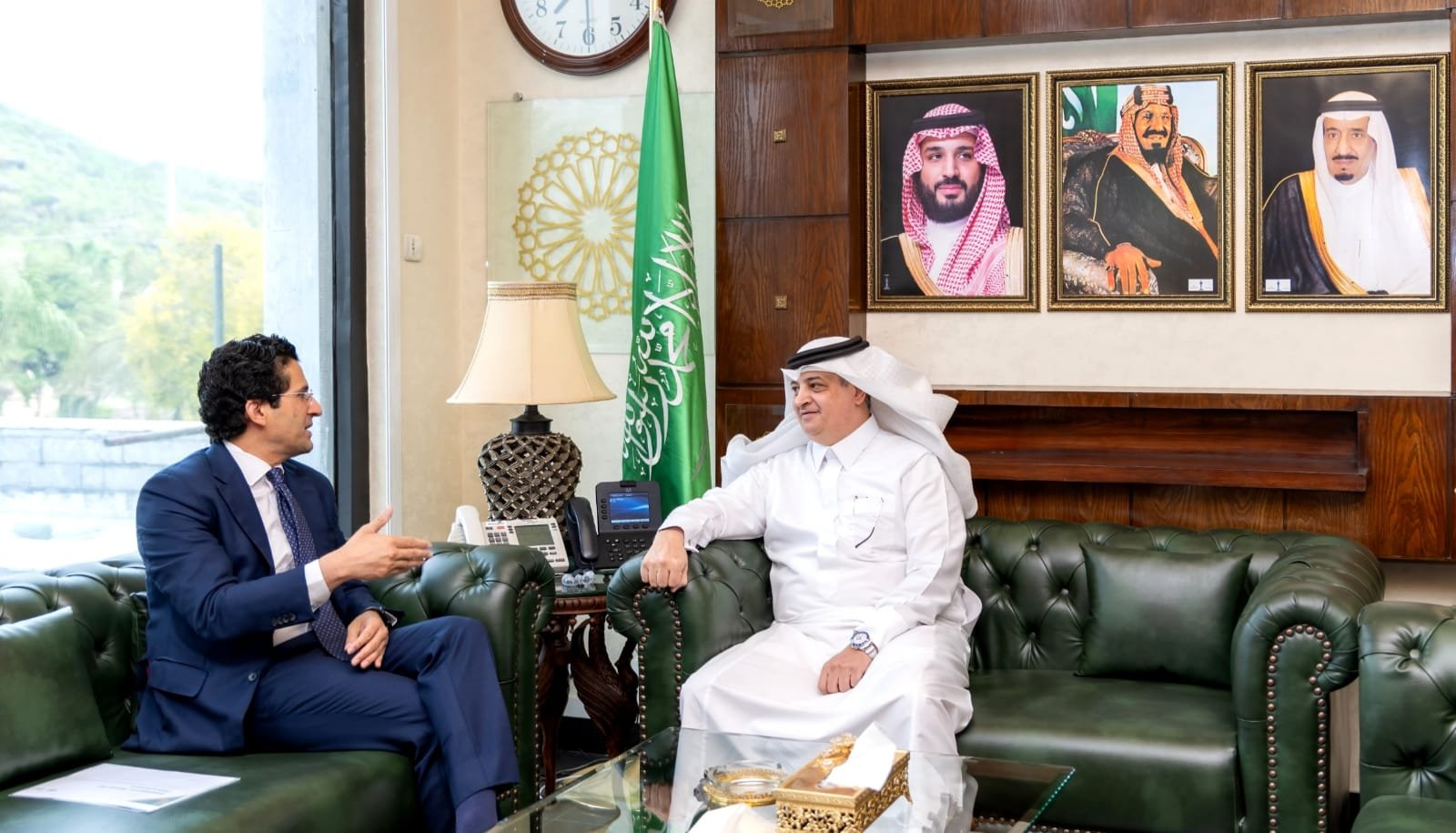
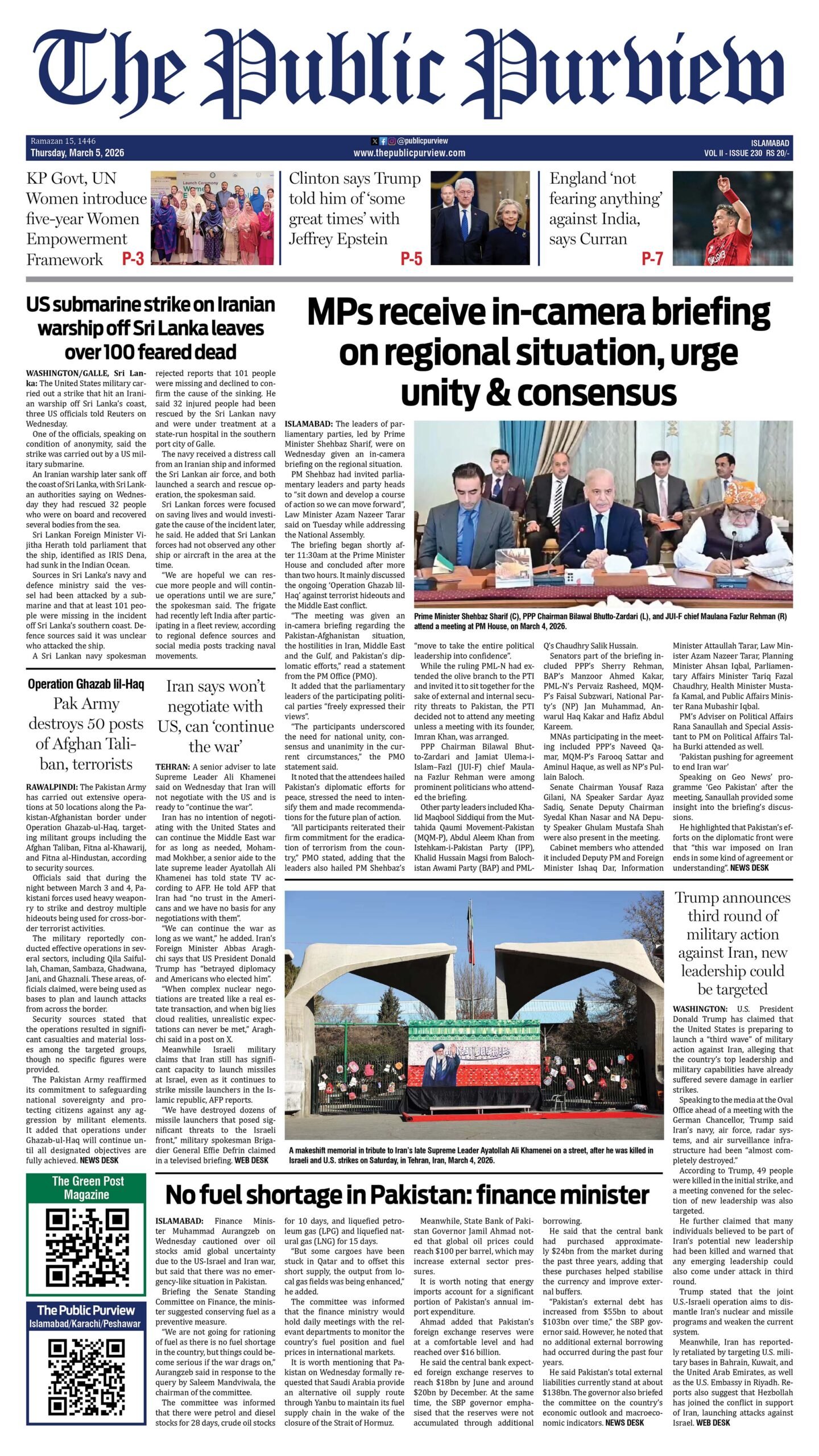 Today's E-Paper
Today's E-Paper